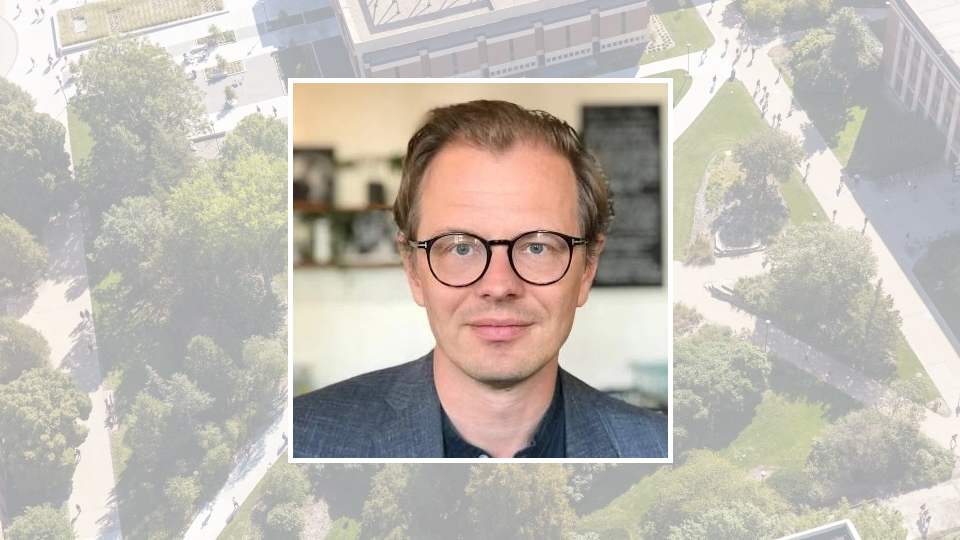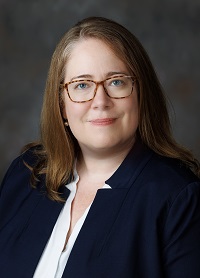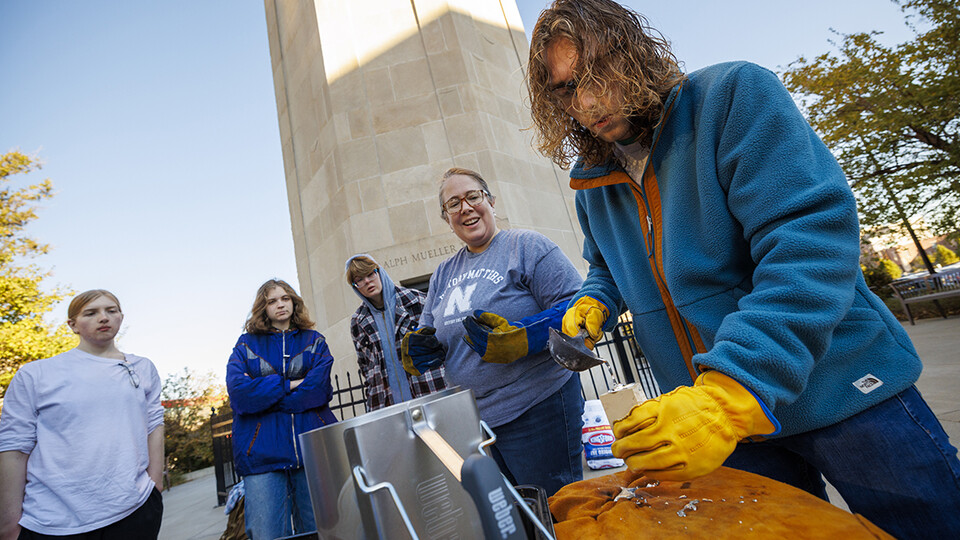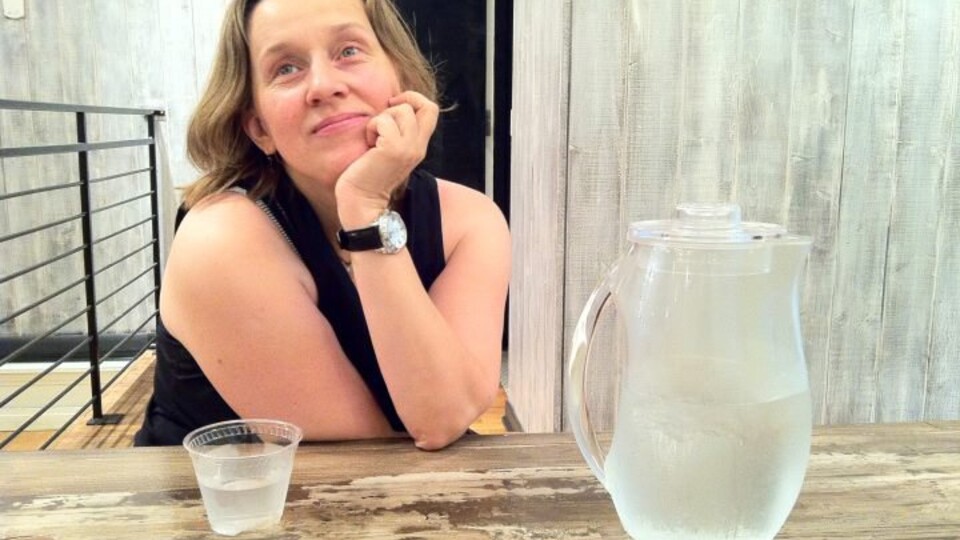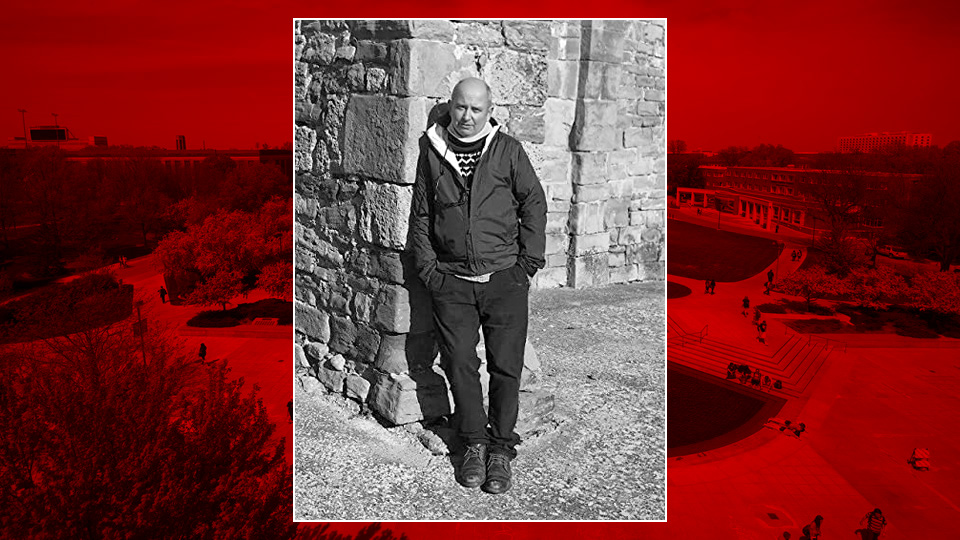
Dr. Chris Gerrard, professor of archaeology at Durham University (UK) will join the Medieval and Renaissance Studies program via Zoom on Friday, April 7 at 1:00 p.m. (CDT) for a fascinating lecture: "Beyond Nature: Medieval and Later Seismic Disasters." Register for the lecture here.
Gerrard's talk will feature his interest in earthquakes and seismic impacts. He has recently coedited a volume for Routledge entitled: 'Waiting for the end of the world? New perspectives on medieval disasters in medieval Europe.' The earthquake part of his portfolio has been built alongside co-collaborators Dr. Dave Petley (University of Hull) and Dr. Paolo Forlin (a Marie Curie Fellow at Northwestern University). Fieldwork for the book and larger study has encompassed sites in Spain, the Azores, and across the Mediterranean. The team's work on seismic events explores the way major disasters were perceived by medieval society. This work is not just about the 'fact' of the event; it seeks to understand how communities reacted to massive events and had to change in response. The ways that medieval people sought to reduce their vulnerability to natural disasters are important for scientists--like geographers, seismologists and climatologists--but also for historians, anthropologists, and humanists.
While earthquakes are a major part of Dr. Gerrard's study, he is also interested in medieval ‘natural’ disasters more generally, including severe weather, storm surges, and tsunamis, as well as the response of medieval people to these environmental dangers. The work of the group can be previewed at armedea.wordpress.com.
Throughout his career, Gerrard's interest in medieval landscapes has meant fieldwork—especially in Britain and Spain. A major project on landscape and community, with Dr. Mick Aston, led to Aston and Gerrard's Interpreting the English village. Landscape and community at Shapwick, Somerset, named Best Archaeological Book of the Year in 2014. As well, he has excavated a former royal palace (with Dr. Tom Beaumont Jones) in Clarendon (Wiltshire) and most recently, the former bishop's palace at Auckland Castle in Durham. In his work in Northeastern Spain, Dr. Gerrard has been fascinated by tracking the changes in landscape that accompanied the transition from Islamic to Christian society, and he especially focuses on changes in irrigation and agriculture. He has investigated and excavated sites of former Templar and Hospitaller settlements among other sites. As well, along with his Spanish colleagues, he has identified many new sites while working as part of the Moncayo Archaeological Survey. With his Durham students, Professor Gerrard has worked on excavations including the Visigothic site at Bureta, the Islamic settlement at the Mora Encantada near Bulbuente, and the abbot’s palace at Bulbuente (all near Zaragoza).
Dr. Gerrard's newest work focuses on resources, collective ownership, and access rights. In considering "the commons" he is working on models of ownership that extend from ancient communities all the way to the ideas of the global commons and the 'urban commons.’ He is interested in the history of regulation and exploitation of common land, as well as in the ways that common land is today valued for conservation or for creating sustainable resources for communities. Dr. Gerrard and his team's work on this topic has received funding from an EU transnational JPICH initiative and from Durham's Institute of Advanced Studies. This project is highly interdisciplinary and involves examining the topic from the areas of geography, history, ecology, law, and archaeology together.
The long list of projects outlined above correlates with Dr. Gerrard's publication of eight books as author or co-author, and a lengthy list of chapters, articles, and papers. His projects have brought deserved recognition in his field, and he holds important positions as a trustee of both the Ad Gefrin Trust (which manages the early medieval site at Yeavering in Northumberland and Cotswold Archaeology. In addition, he serves as the the academic lead for the Scottish Soldiers Project, set up to investigate the human remains uncovered at the heart of Durham’s World Heritage Site in 2013. In the academic world, he has served as a chair of University Archaeology UK (UAUK) and evaluates publications for Oxford University Press, Blackwells, and many others, as well as grant applications for research councils in the UK and abroad.
